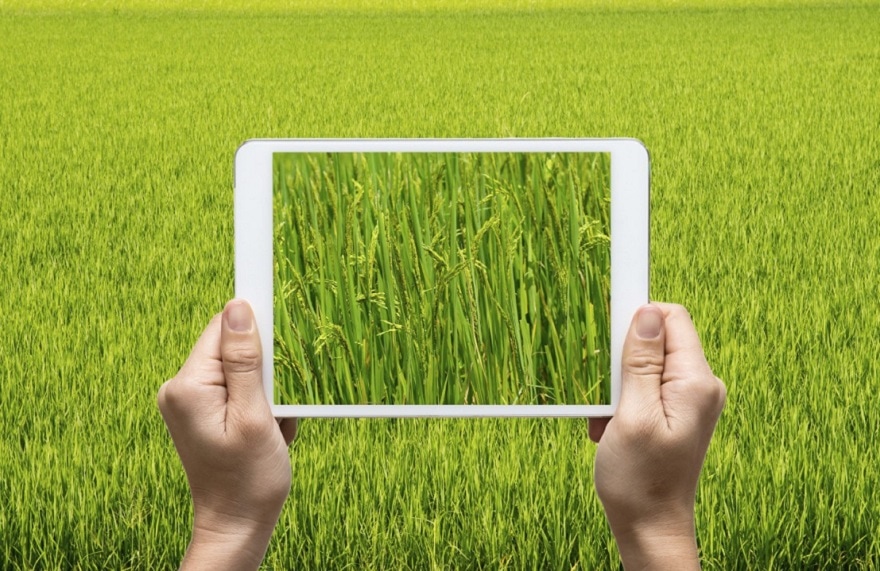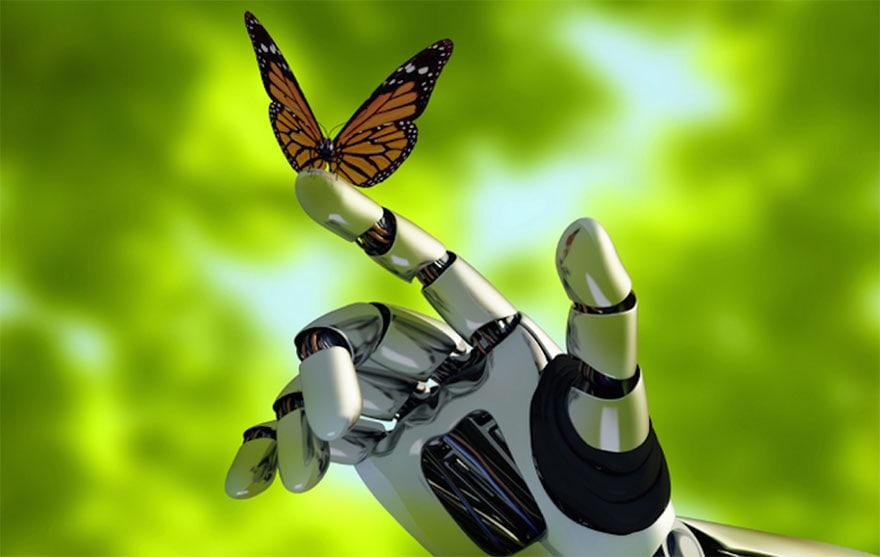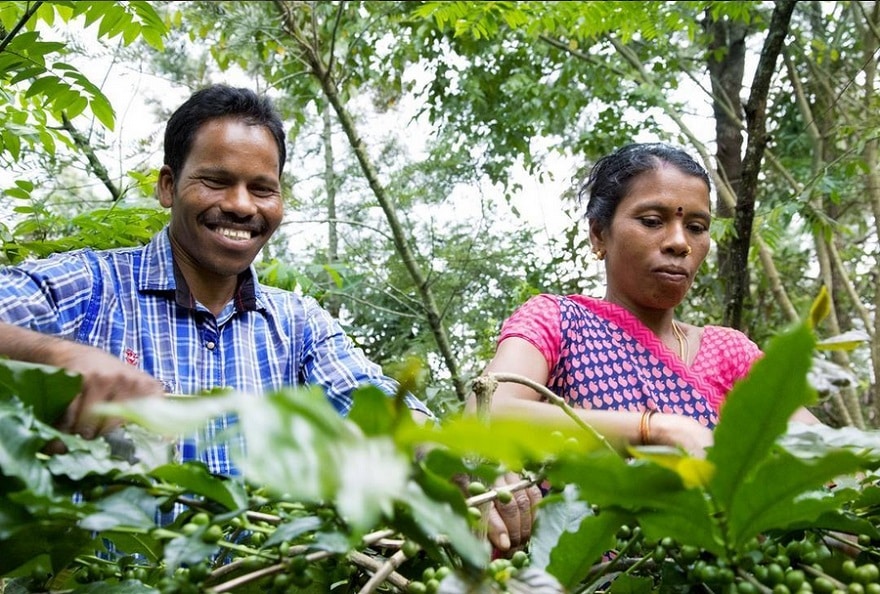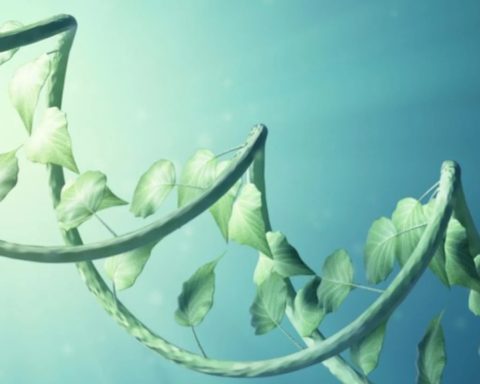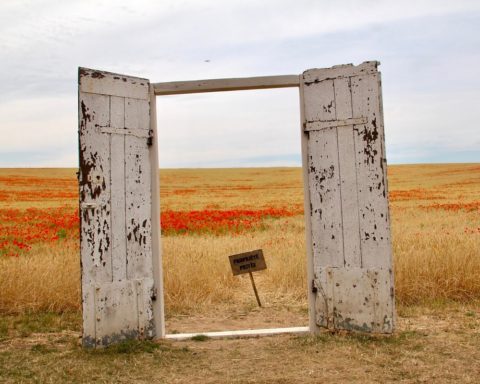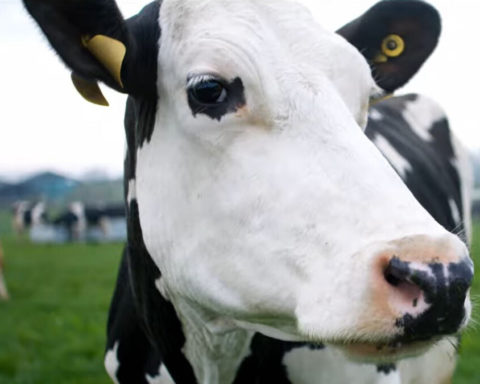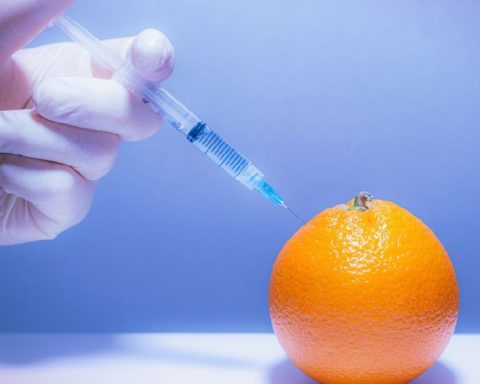Accelerate the economic development of agriculture through digital technology by relying on an innovative teaching/research tandem. This is the project of the new Convergences #DigitAg institute. Selected in July by the ANR, the project officially started on 1 January 2017. Focus on the first steps of a new form of scientific innovation whose ambition is to become the world reference for Digital Agriculture, by Irstea (National Institute for Research in Science and Technology for the Environment and Agriculture).
Fhe new Institut Convergences #DigitAg has set itself the goal of promoting the development of digital agriculture and businesses in France and in developing countries through research, teaching and transfer, and of becoming the world reference in digital agriculture by 2023. Winner with five applications from the first call for projects "Convergence Institutes" of the ANR, #DigitAg brings together four research organizations, four higher education structures, eight future investment infrastructures and eight companies, in Montpellier, with two satellite sites in Toulouse and Rennes. It officially started up on 1 January 2017 with €9.9 million in aid from the ANR over seven years.
But #DigitAg is mostly about "a great opportunity to do research differently, by confronting other angles, other disciplines, and thus to bring out scientific, pedagogical and technological innovation". explains Véronique Bellon Maurel, director of the Ecotechnologies department at Irstea and director of #DigitAg, which reflects the core of this new mechanism of the Investment in the Future programme and asks the teams to "break with business as usual". How can this be done? By placing interdisciplinarity and training at the heart of the project.
Digital agriculture in eight challenges
Interdisciplinarity is the watchword of this project. Bringing together more than 300 researchers, economists, agronomists, computer scientists and sociologists in 25 research units, #DigitAg is based on two major societal and economic challenges for digital agriculture, which are themselves divided into eight challenges in which researchers from all disciplines are involved:
Optimizing agricultural production while limiting environmental impacts translates into four challenges: 1- Support for agro-ecology, 2- Adaptation of varieties to the environment and markets, 3- Crop protection, 4- Sustainable animal production.
The integration of digital agriculture into society as a whole, translated into four challenges that question the way ICTs will: 1- revolutionize advice and services to farmers, 2- facilitate the integration of agriculture in the territory, 3- allow agriculture to better benefit from the value chain 4- help agricultural development in Southern countries.
These challenges are tackled within multidisciplinary working groups, which identify the major research questions, the locks in order to define the subjects of unpublished theses as they confront a discipline. By doing so, clusters of theses from different disciplines on similar subjects emerge around the same object, thus allowing a more complete understanding of a subject in society.
Concretely, the emergence around the same object of clusters of theses, each centred on a different discipline, and the setting up of a dialogue between these theses, allows the construction of original research questions and a more complete lighting of a subject of society. The "crop protection" challenge, for example, raises questions as diverse as that of early detection of diseases (which requires research on sensors) and that of crop insurance and the modification of insurance systems made possible by ICTs. And these are only a small part of the questions...
Teaching and students at the heart of the system
Because to bring innovation and federate the structure, #DigitAg relies on students and young French and international researchers: "At the heart of the system, we hope that they are curious, committed and able to make the link between the different labs and structures that make up #DigitAg in order to be the driving force behind interdisciplinarity, and then become the heralds of this type of research, which is more open". explains Véronique Bellon Maurel. And the programme, with 150 master's internship scholarships, 56 thesis scholarships and 18 years of post-doctoral studies offered at a minimum in #DigitAg, has everything to attract international students and doctoral candidates.
All the more so as, in order to help the realization of thesis projects and transform the results into demonstrators, a team of computer developers (120 man-months) will be recruited and associated with the Graduate School.
By 2019, the creation of a Graduate school in digital agriculture. Inspired by the Anglo-Saxon model, this new form of doctoral school will encompass all master's and doctoral level training, whether it be initial, doctoral or vocational training programmes. This is a real break with the clear separation that currently exists in France between the master's and doctoral levels," says Marie Laure Navas (Director of Training and Scientific Policy, Montpellier SupAgro). No less than 20 masters, including four new courses are planned.
The link with companies is also at the heart of the teaching system. The eight partner companies will run courses and provide some fifty master's internship grants, which will be hosted on their premises. Not forgetting also the AgroTIC Business Chair, which is part of the system and brings together 23 companies, it is also a link between the industrial world and the students.
Another novelty is the Mas numérique, a demonstration platform in digital agriculture. The project is supported by four sponsor companies (SMAG, Vivelys, Pera-Pellenc, ITK) and eight partner companies (TerraNIS, Agriscope, SIKA, Force A, ICV, Bayer, GéoCarta, Cap 2020, Axe Environnement), all of which will make their equipment available. Opened in November 2017 by the Montpellier SupAgro foundation on the Domaine du Chapitre in Villeneuve-les-Maguelone near Montpellier, this platform will not only be a showcase for companies, but also a new educational tool, as it will be open to teaching. Indeed, students and teachers will be able to benefit from renewed and updated equipment for their experiments, while companies will benefit from a showroom and thus a commercial showcase.
Finally, another link between the world of research and businesses, the Observatory of Digital Agriculture Uses is one of the first actions carried out by #DigitAg and the AgroTIC Chair. This observatory will produce inventories (dashboards, evaluation of obstacles to the adoption of digital technologies and possible levers). The observatory is currently studying the uses of remote sensing in agriculture.
Upcoming events :
June 30, 2017: inauguration of the #DigitAg institute
1-2 July: Digital Agriculture Hackathon
July 2-6, 2017: EFITA European Symposium in Montpellier
28- 30 November 2017: inauguration of the Mas numérique (digital farmhouse)
2019: inauguration of the Graduate school
To follow the project go to : - www.hdigitag.fr or on Twitter: @DigitAgLab
Source : Irstea - – 27/02/2017

